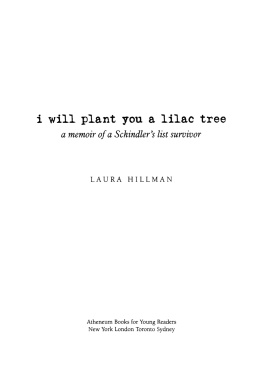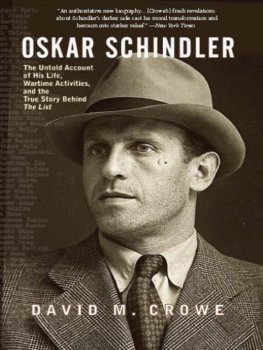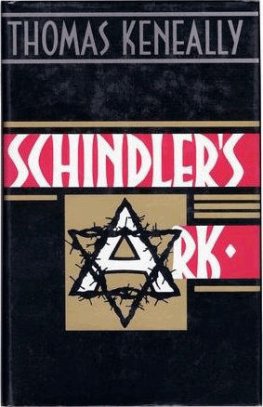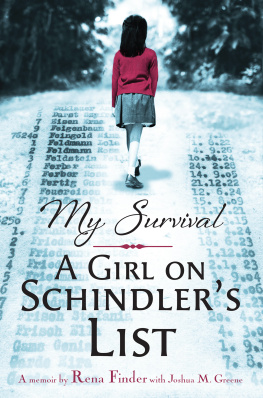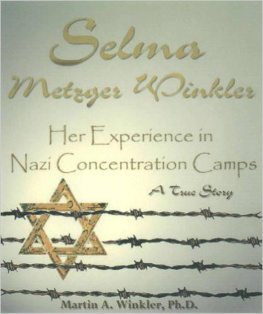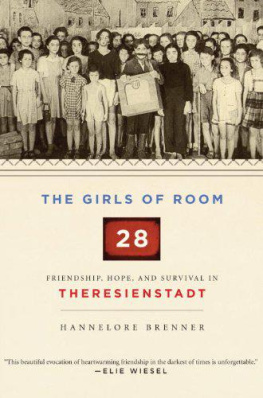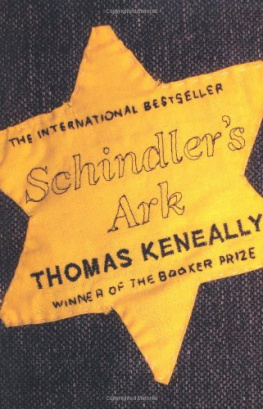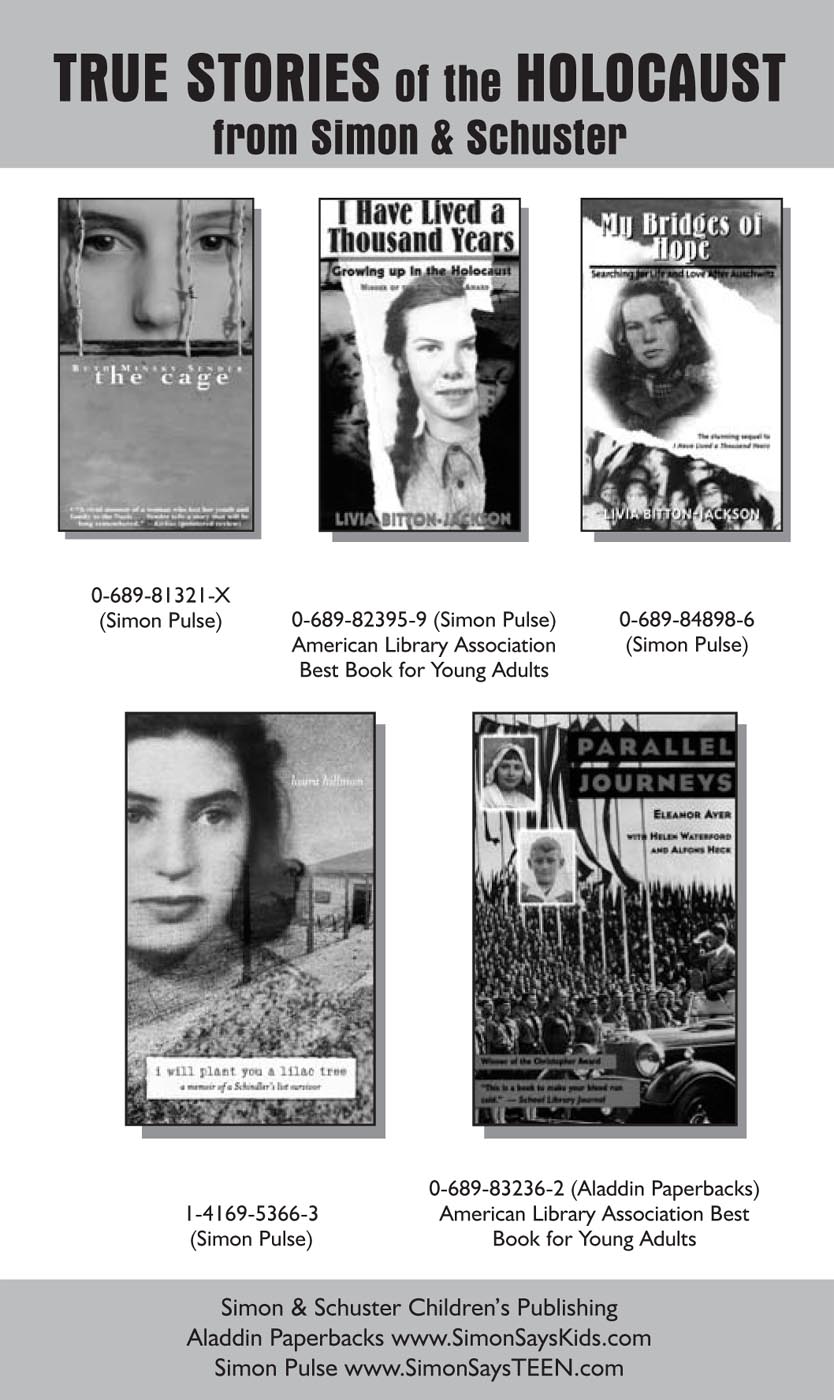acknowledgments
I would like to thank Professor Elliot Fried of Long Beach State University for going far beyond what was expected when teaching me the craft of writing.
To my young friend Megan Stidham and her mother, Kelly Stidham, who were the sparks that led to publication of my book, I am forever indebted to them.
To my grandsons, Aryeh and Joshua, who cheered me on to keep writing.
To the many friends who read parts of the manuscript, advised me, reassured me, and didnt let me give up.
To my friend, Larry Mendelson, who went out of his way to help.
To my editor, Robert O. Warren, for his consistent support, good sense, and good taste.
My heartfelt thanks goes out to all of you.
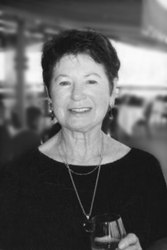
LAURA HILLMAN (ne Hannelore Wolff) was born in 1923 in Aurich, Germany, near the North Sea. She was the third of five children born to Karoline and Martin Wolff. Five years after Hitler came to power, Laura was separated from her town and family. The events Laura witnessed in the camps kept her from writing for many years, but she finally set out to write her memoir, facing for the first time the circumstances that led to her survival.
Laura now lives in Los Alamitos, California, and devotes her time to talking at high schools and colleges about her experiences and being a docent at the Long Beach Museum of Art. Visit her on the web at www.laurahillman.com .
AUTHOR PHOTOGRAPH BY MEGAN STIDHAM
chapter one
Since Hitler had come to power, it was dangerous for Jews to walk on public streets. In spite of the risk we walked along a tree-lined avenue in a suburb of Berlin, the ever-present yellow Stars of David sewn to our jackets.
Every now and then we stopped to admire spring flowers sprouting just above the ground. I especially admired the crocuses and daffodils, which reminded me of home. Irma, the tallest of us, was more interested in finding something to eat than looking at flowers, while Kaethe, the plump redhead, wanted adventure more than anything else.
This particular day Kaethe had come up with an idea. She knew of an ice-cream parlor where one could get a cone without a ration card.
Weve been cooped up at school too long, she said. All we do is study. It drives me crazy! We should have more fun.
I shook my head. Fun, is that all you can think about? Terrible things are happening to Jews. We should not even be on this street. They might take us away on one of those transports.
Kaethe paid little attention to what I had to say. She wanted ice cream. But there was still the matter of the yellow stars sewn to our clothes. No shopkeeper would serve us if he knew who we were. To Kaethe it was a minor problem. She showed us that by draping a shawl over the star it would be completely hidden. Not wanting to spoil her fun, I gave in.
Something else was troubling me that day. It had been over a month since Id last heard from Mama and Papa. It wasnt like them to not write. Dear God, what if they had been deported? But for now I put aside my fears. Kaethe was right: What could possibly happen if we covered up the star?
We had not gone very far when two boys in the uniform of the Hitler Youth came around a corner. They were younger than we were, barely teens themselves. We tried hurrying past them, but the taller boy held up a hand and said, We have not seen you around here before. Where are you from?
Before we could answer, he invited us to come to a parade that night. To assure us how special this parade was, he added, The Fhrer himself will be there!
I felt my legs buckling under me from fear. See what you got us into, I whispered angrily. What should we do now?
Start giggling, Hannelore, Kaethe said. Pretend you are a moron. You too, Irma.
The second boy looked closely at our shawls. Why are you wearing those silly things? he asked.
Before I could think of an answer, he pulled at my shawl, exposing the yellow star.
Look at this! he shouted. Jews , hiding their identity. You filthy swine, we will teach you a lesson youll never forget! Lets take them to Gestapo headquarters, he told his companion. They will get what is coming to them, and we will get a medal for bringing them in.
His fist struck me in the face and bloodied my nose. I ignored the pain and bleeding. The word Gestapo frightened me more than my injuries.
The boy held on to my arm. He was hurting me, but I didnt let on how painful it was. When he loosened his grip just a little, I pulled free and shouted to my friends, Run, run !
I am not sure how we managed to get away from those boys. Perhaps they decided they had better things to do than torment girls, even Jewish girls. Somehow we reached the gate to our school and ran inside. To make us feel better, Kaethe brought out a bar of chocolate her parents had sent. Before long things returned to normal. We changed clothes and talked about the young teacher who had come to lecture us on the poems of Rainer Maria Rilke, my favorite poet.
Kaethe began teasing me. He had eyes only for you, Hannelore. The way you recited The Lute, that was special. He stared at your lips throughout the entire poem.
Irma laughed. My face turned beet red. Yes, I did have a crush on the teacher. If only Kaethe wouldnt tease me about it so much.
I wish I had your dreamy eyes, Kaethe continued. Maybe then boys would look at me, too.
It was time to go down to the study hall. The room was crowded, which usually didnt bother me, but today I found it hard to concentrate. The encounter with the two Hitler Youth had troubled me more than I would admit to anyone. I decided I would be better able to concentrate on my studies in our room and returned there. Before long I was completely absorbed in my work. Then a girl entered.
Mail, she said in a singsong voice, placing letters on the table.
I looked through the stack, picking up the one letter addressed to me. Thank God, a letter from Mama! Hastily, I tore open the envelope and began to read:
Dearest Hannelore ,
I am sorry I didnt write to you sooner, but I have been terribly worried. Six weeks ago your papa was taken to Buchenwald, a concentration camp near Weimar. He was on his way home from work, riding his bicycle, when the Gestapo stopped him and took him to their headquarters. The next day, when I inquired about where he was and asked if I could bring him a change of clothes, I was told he had already left the city and wouldnt need the clothes. You can imagine how concerned and upset I have been since. Day after day I prayed for his safe return .
Yesterday the postman brought a letter and a small box postmarked Buchenwald. The letter said the following: Martin Wolff died of unknown causes on March 14, 1942. Urn contains his ashes.
Hannelore, your papa is dead .
Nausea overwhelmed me, and I barely made it to the bathroom down the hall. They murdered him! I cried. They murdered Papa! Why doesnt someone stop this killing? Dear God, doesnt anyone care ?
Sweat and tears streamed down my face. The room began to whirl. They murdered Papa! I shrieked again. How can they get away with this?
I sobbed and sobbed as I staggered back to my room and fell on the bed. The next thing I remember was someone leaning over me.
You left the study hall, Kaethe said, so I came up toHannelore, whats wrong? What happened?
Here. I handed her the letter. I told you I was worried about my parents, but you made light of it and called me names!

